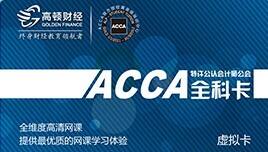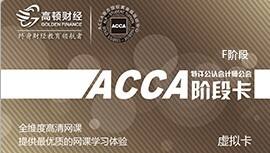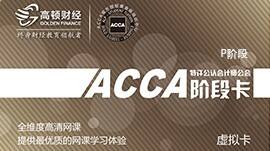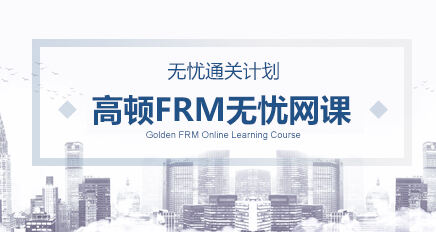2010年12月ACCA考试考官报告(P1)(4)
问题四主要是关于风险的。在A部分,许多考生都能够解释流动性风险的含义,但很少有人了解它对UU公司的特殊意义。B部分许多考生都完成得非常好。C部分要求考生仔细分析会使UU公司的流动风险管理出现困难的各种因素。D部分要求考生评价作为一种展现企业社会责任的方法的供应商自愿支付政策。
Question Four
Question four was mainly about risk with part (d),for five marks,asking about social responsibility.The case was about a manufacturer (this was important for answering part (a)) with a voluntary supplier payment policy and a number of internal pressures on working capital serving to increase liquidity risk.Most candidates were able to define liquidity risk in part (a) but fewer were able to explain its particular significance to UU (the company in the case).A careful reading of the case would have alerted a well-prepared candidate to the reasons fro UU’s particular vulnerability to liquidity risk.Included in this was the fact that it was manufacturer with inventory levels not present in service industry companies.
Part (b) raised the issue of embedding risk into systems and culture,a subject that has been examined before on a P1 paper.This part was done quite well by many candidates whereas part (c) was less well done.
Part (c) involved a careful analysis of the case to bring out the various factors that would make it difficult to embed liquidity risk management at UU.It was specifically about liquidity risk management and not risk management in general.The obstacles were relatively straightforward to find in the case and the highest marks were gained by those most able to show how the different attitudes of the company’s managers put pressure on the different aspects of the company’s working capital.
For five marks,part (d) asked candidates to criticise the voluntary supplier payment policy as a means of demonstrating CSR.This means candidates had to point out why it wasn’t a very good means of demonstrating CSR.The case contained a number of issues associated with the policy which the better-prepared candidates picked up on.Poor answers receiving few or no marks were those that simply defined CSR or used a textbook framework (such as Carrol’s framework) in an attempt to answer the question.

相关阅读
2012年12月ACCA考试P4考试考官报告2013/06/19
2012年12月ACCA考试P3考试考官报告2013/06/19
2012年12月ACCA考试P2考试考官报告2013/06/19

















